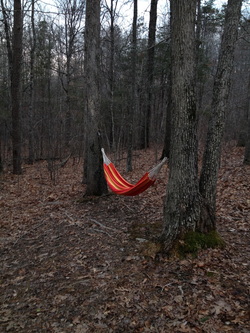
Here at ASPI the gardens are gently tilled, mulch has been applied, seedlings are reaching for the light in the greenhouse and high tunnel, some seeds and starts are reaching up through the still cool Earth, the calendar is being drafted, summer classes and activities are being scheduled, and we are booked for Earth Day celebrations.
At home, some of the same garden-work is being done (but without the scores of volunteers ASPI has, it goes a little slower). We have determined that our outdoor clay oven needs more than just repair, and the rain barrels are getting a more thorough cleaning and in one case, repair, this year. It's also the year we are moving the chicken run around the garden. It's been there for three years and we want to incorporate all of that good compost from leaves, kitchen scraps, chicken poo, and massive amounts of chicken-composted weeds from the garden back into the garden. Plus, the chickens need more security from the dogs in the neighborhood. We took out some trees that will provide too much shade for the expanded garden (their trunks and limbs will be repurposed in the new chicken run) and rejoiced that with a lot of woods, we did not have to feel too badly about cutting out trees.
Today will be a gorgeous day to move stones, plant a little, add bucketsful of compost to the strawberry beds, but there are still the cold, rainy days left. Too wet to work in the garden or make a clay oven. On those days, we take inventory. What do we have? What do we need? Three growing children - at least two will need new winter boots next year. How will we meet the needs of our family? Are there sustainable means (and cost-efficient)? We carry garage-sale/thrift store/construction seconds lists for the summer season, just in case we find something we need. Dehydrator finally started smoking last fall. Do we want another electric one - or can we build an efficient solar dehydrator?
Do we have a farm? No, even though some of our town friends tell their children that they are visiting our farm. It isn't really big enough - at least we aren't willing to cut out the acres of trees to make it so. Recently, as we planted blueberry bushes, I mentioned the homesteading trend to my husband. He really liked that term for what we do and was interested in urban homesteading, because the truth is - all of things we are planning this spring, can be done almost anywhere. There are some urban environments that do preclude chickens (but you might be surprised if there is a bit of backyard and you do a bit of research before approaching the landlord), but rain-capturing systems, gardening, and even outdoor ovens are all within the means of most folks and communities. Do a little research about feasibility and sadly, most important to most, the aesthetic and cleanliness factors of what you want to implement, and you may find towns, cities, landlords, and neighbors not only allow, but encourage your homesteading efforts.
 RSS Feed
RSS Feed